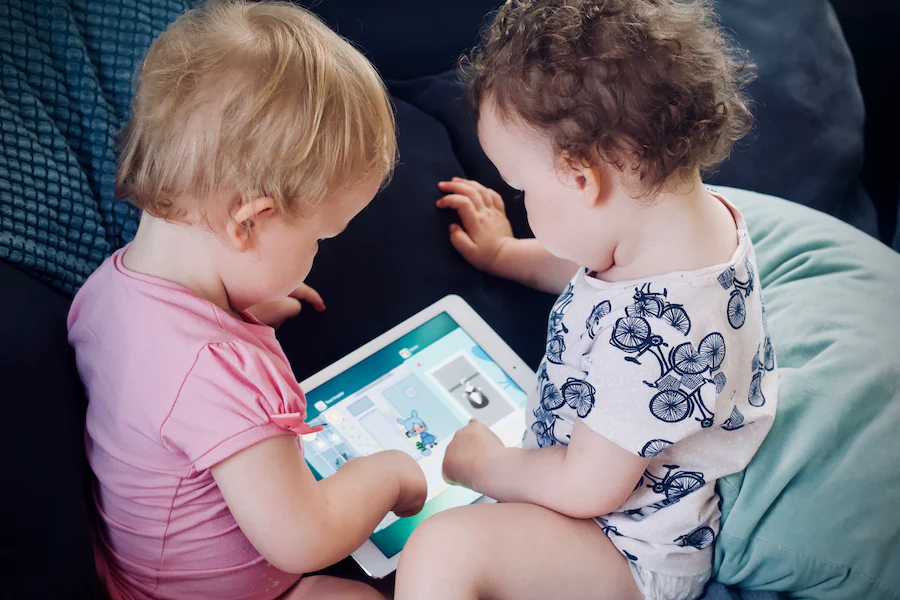As a stay-at-home mom of two, I’ve found that the quest for novelty isn’t just a personal indulgence; it’s a lifeline. Between diaper changes, school runs, and the never-ending laundry, finding something new and exciting can feel like a breath of fresh air. It turns out, this craving for novelty isn’t just me trying to break the monotony; it’s deeply rooted in our psychology and can have profound effects on our well-being.
Researchers like Cloninger and colleagues have delved into the concept of novelty seeking, identifying it as a personality trait that drives us toward new experiences and stimuli. This pursuit of the new isn’t just about thrill-seeking; it’s about enriching our lives with diverse experiences. But why does this matter? Well, for starters, new experiences are good for our emotional health. They give us a dopamine hit, a feel-good chemical that makes us feel rewarded. It’s like our brain’s way of saying, “Hey, this is great, let’s do it again.” And in the context of parenting, where days can sometimes feel like a Groundhog Day loop, introducing novelty can be a game-changer.

Psychologist Amy Morin, LCSW, emphasizes the importance of emotional intelligence and how seeking new experiences can contribute to a more emotionally adept world. This resonates with me as a parent because I want to model behaviours for my children that encourage them to be curious, open-minded, and emotionally intelligent individuals.
The benefits of novelty are not just theoretical. Studies have shown that new experiences can boost our dopamine levels, providing a sense of reward and pleasure. This is crucial for stay-at-home parents who might not receive the same external validation or stimulation that comes from a workplace environment. Engaging in new activities or learning something new can offer a sense of achievement and personal growth.
However, the pursuit of novelty isn’t without its challenges. Fear of the unknown or the comfort of routine can often hold us back. But as researchers like Babore et al. have shown, the way we manage stress and anxiety, including the stress of parenting, can have a significant impact on our children’s well-being. By embracing novelty and demonstrating resilience in the face of uncertainty, we can teach our children valuable life skills.
Maintaining a routine has been shown to have protective effects on children’s well-being, especially during times of global uncertainty like the COVID-19 pandemic. This doesn’t mean that routines and novelty are mutually exclusive. Instead, finding ways to introduce new experiences within a stable framework can provide the best of both worlds: the security of routine and the growth that comes from novelty.
In conclusion, as a stay-at-home mom, I’ve found that seeking novelty is not just a way to keep myself entertained; it’s a vital component of emotional well-being and personal growth. Whether it’s trying a new recipe, exploring a new park with the kids, or learning a new skill, these experiences enrich our family life. They remind us that even in the midst of the chaos and routine of parenting, there’s always room for something new and exciting.



